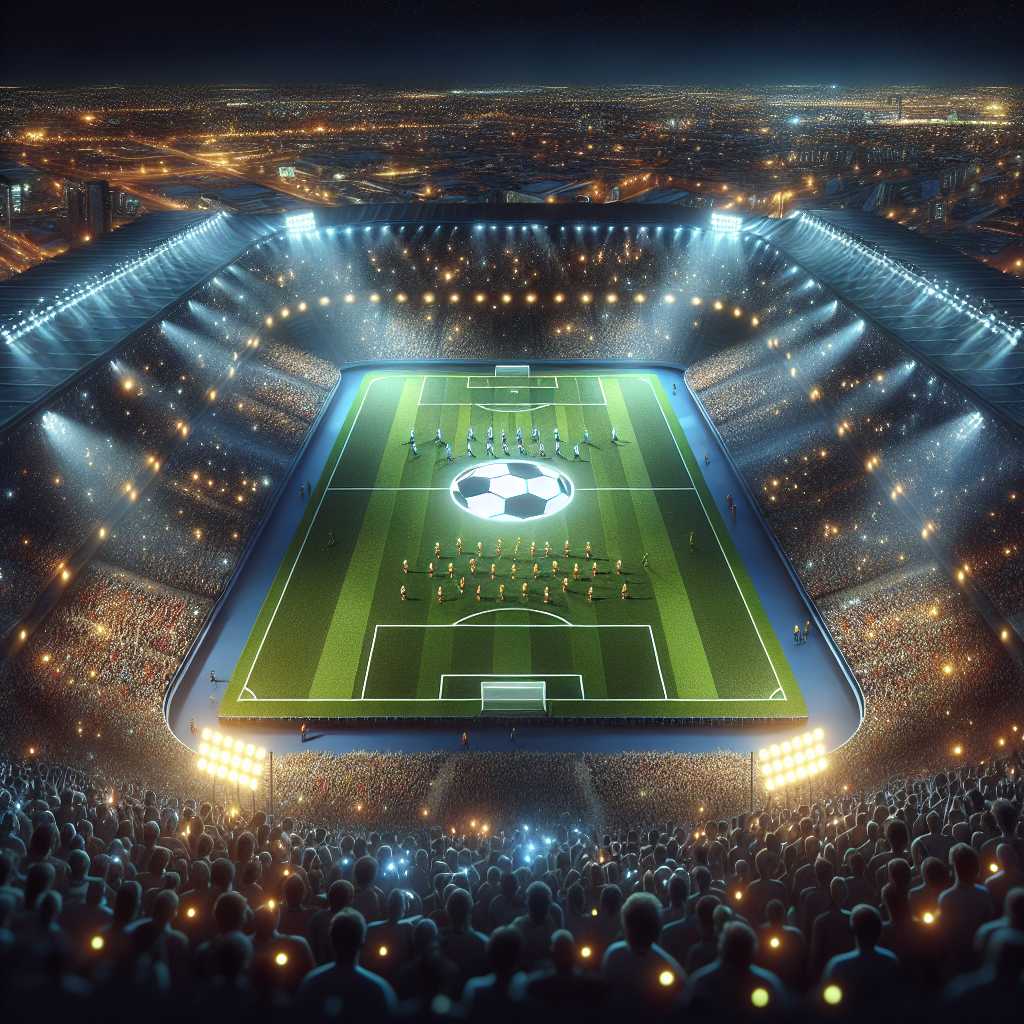The Prestige and Legacy of the UEFA Champions League
The UEFA Champions League is an annual club football competition organized by the Union of European Football Associations (UEFA) and contested by top-division European clubs. Deciding the champions of Europe, this tournament is one of the most prestigious in the world and has a storied history that dates back to its inception in 1955. Originally known as the European Champion Clubs’ Cup, or simply the European Cup, it was rebranded as the Champions League in 1992, leading to a significant expansion in size and scope.
Historical Significance and Evolution
Since the first tournament kicked off in the mid-20th century, the evolution of the UEFA Champions League has mirrored the broader changes occurring within European football. The competition started with a straightforward knockout format but eventually adopted a round-robin group stage to accommodate a growing number of clubs from across the continent. With intensity and passion rivaling national leagues, the Champions League has become a fixture of international sports culture.
Competition Format and Qualification Criteria
The 32-team group stage features top clubs from Europe’s strongest leagues, which qualify based on their finishing positions in national competitions. The league’s champion often receives an automatic bid, while runners-up and other high-finishing teams enter through different rounds of the qualifying stages.
Throughout the group phase, teams compete in eight groups of four. They play each team in their group twice, once at home and once away. After these fixtures conclude, the group winners and runners-up advance to the knockout stages, characterized by two-legged ties culminating in a single-match final to crown Europe’s elite club champion. Since 1992, this dramatic conclusion has been staged at various iconic venues across Europe.
Impact on Clubs and Players
Success in the Champions League has far-reaching implications for participating clubs and individual players. Brand exposure, increased sponsorship deals, and substantial prize money provide essential revenue streams for teams. A triumph or notable performance can also forge legacies for soccer legends, cementing their place in history.
Challenges and Controversies
Despite its massive popularity and financial success, the UEFA Champions League is not without its controversies. Accusations regarding distribution of television revenue have led some to claim the structure disproportionately favors richer clubs. Additionally, UEFA’s Financial Fair Play regulations aim to ensure fair competition but have sparked debate about their effectiveness and implementation fairness.
